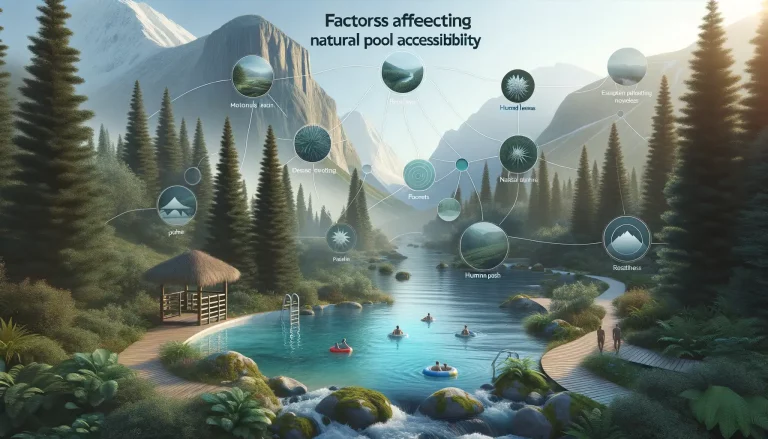Introduction
In recent years, there has been an increased focus on sustainable tourism – traveling in a way that minimizes negative impacts on local environments, cultures and economies. As more people take to the roads, skies and seas, it’s crucial for travelers to adopt eco-friendly practices and support responsible businesses. This comprehensive guide will show you how to be a conscious consumer while exploring the world.
Planning Your Trip Sustainably
The planning stages of your trip are key to setting the right tone for an environmentally friendly journey. Start by researching destinations that prioritize sustainable tourism. Many countries, regions and even cities now promote green initiatives, so seek out these locations. Look into local eco-tourism companies offering activities like wildlife conservation tours, reforestation projects or carbon offset programs.
When booking accommodations, opt for green hotels and guesthouses. These establishments implement practices such as water and energy efficiency, waste reduction, and support of local communities. Some even generate their own renewable power! Consider staying in an ecocamp or eco-resort to fully immerse yourself in sustainable living.
Transportation also plays a big role. Whenever possible, choose low-impact modes like walking, biking or public transport over renting a car. If you must fly, select the most fuel-efficient airline and pack lightly to reduce emissions. Once at your destination, use trains, buses and ferries instead of private vehicles.
Packing for Sustainability
The items you bring on your trip can also have an impact. Aim to create a capsule wardrobe using versatile pieces that minimize waste. Look for garments made from natural, organic or recycled materials. Avoid single-use plastics by packing reusable bottles, bags and utensils. Opt for biodegradable toiletries and sunscreen.
Bringing a reusable water filter bottle and purifying tablets means you can refill rather than buy countless plastic bottles on the go. Don’t forget a travel towel made from fast-drying eco-friendly materials – these are essential when camping or visiting places with laundry restrictions.

Becoming an Eco-Conscious Consumer Abroad
While away, continue your commitment to sustainability by being mindful of daily choices. Seek out restaurants and cafes that use locally sourced ingredients and practice waste reduction. Support street vendors selling traditional crafts made from natural materials rather than cheap plastic souvenirs.
Be respectful of local customs and traditions, including those around dress code, photography permission and cultural sites. Stay on designated trails to protect sensitive habitats and follow Leave No Trace principles at all times. If you’re lucky enough to interact with wildlife or indigenous communities, do so ethically through responsible tourism activities like guided tours that support conservation efforts.
Connecting with the Local Community
One of the most impactful ways to travel sustainably is by getting involved with local projects and initiatives. Many destinations have volunteer opportunities in areas such as education, healthcare, environmental conservation and community development. Spending time on these meaningful activities not only helps out but also allows for a more authentic, immersive experience.
Supporting locally owned businesses throughout your trip also keeps money within the community rather than lining the pockets of international corporations. Eat at family-run restaurants, shop at artisan markets, and use local tour guides who can provide insights into daily life beyond the tourist trail.
Minimizing Your Carbon Footprint Post-Trip
Your commitment to sustainability doesn’t end when your journey does. Upon returning home, take steps to reduce the environmental impact of your trip overall. Calculate the carbon emissions from transportation and offset them by investing in renewable energy projects or planting trees through organizations like TerraPass.
Share photos and stories about your experiences with sustainable tourism to inspire others to do the same. Write a blog post highlighting eco-friendly practices you saw in action, or give a presentation at a local school or community center. You can even join or start a travel club focused on responsible adventures.





